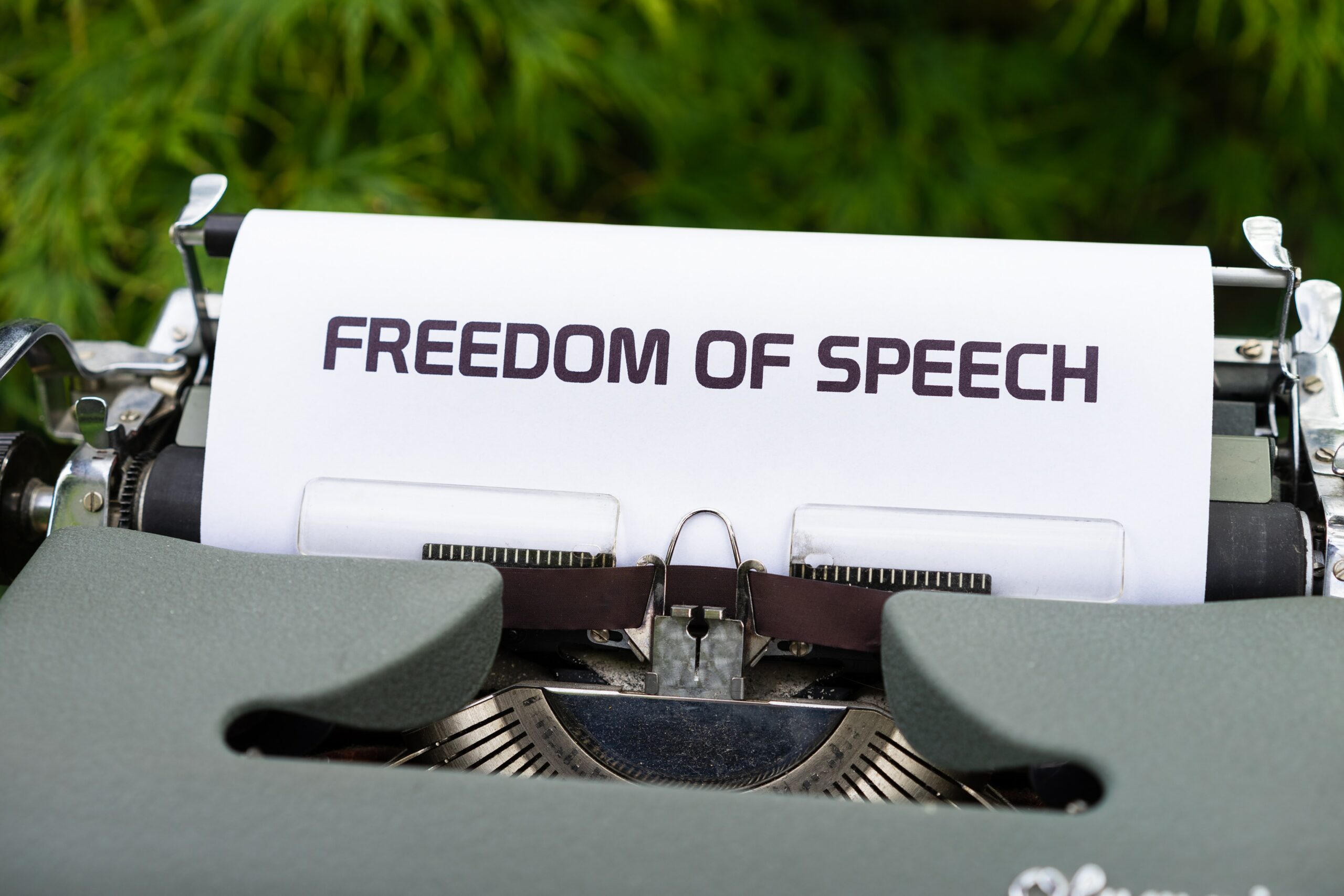What if Social Media titans can be brought under control easier than anyone thought possible? The simplest answer may surprise you at how fast and effective it can be.
Everyone’s got issues with Social Media. Politicians from both sides of the aisle agree Social Media is damaging our democracy as the dramatic events of the last week have proven. There are long-standing issues with Social Media’s capricious and inconsistent policies boiling over in the current Great Social Media Kerfuffle that is de-platforming President Trump.
No matter where you stand on the issue as to whether Social Media should or shouldn’t close accounts, everyone can agree that while these firms are private enterprises, they are much much more. They are an information and communications hub for billions of people and thus have a huge, outsized footprint versus most other private companies.
At the heart of Social Media’s successful in its oversight avoidance strategy is the fact that they occupy the unmonitored Reuleaux Triangle; the intersection of communications, media and advertising industries.

This unregulated, free-zone keeps Social Media beyond regulatory reach while simultaneously giving them benefits not available to any firm anywhere:
- They are free to monetize the “network effect” of a communication company without paying any relevant taxes like the Universal Service Tax assessed on every active line to build up universal communications infrastructure for schools, libraries, and rural health care facilities
- They can monetize content like a media company through ads yet they don’t have any of the high human costs to create the content, verify “facts” and keep hate content from making its way to the masses
- They have, unabashedly, harvested vast amounts personal data and then sell it the highest bidder without any restriction around privacy
This “Catch me if you can” strategy is why investors love Social Media. Investors can realize crazy high profits with none of the nasty costs associated with good corporate governance other companies comply with.
Their unregulated bubble emboldens Social Media tech firms:
- They insist we trust their AI and algorithms to flag untrusted content even though we’ve seen time and again it can’t
- They present themselves as a platforms for everyone yet they provide no user tools to help distinction between real news, fake news and hate content dressed up as reliable information
- They consistently get caught making inconsistent calls on what content is acceptable that makes it hard to play by the rules
It should be clear by now that Social Media has no intention of changing anything that undermines their business model. So, it would seem, any solution requires complex and lengthy policy machinations that will be hard to construct or cobble together.
Yet, if you turn the question 90 degrees, a simpler answer emerges.
The fix that can work.
Salvation comes from the very politicians who understand so little about social media in general but know how to create financial systems that can act as policy controls.
Fixing Social Media begins with forcing Social Media firms out of their safe, unmonitored Reuleaux Triangle and into the domain where politicians are very effective – levying taxes.
This means taxing Social Media firms like a communications company with its Universal Service Fee (USF) for every live line. The purpose of the USF, enacted in 1996, was to provide, “…a mechanism by which carriers were assessed to subsidize telephone service infrastructure to low-income households and high-cost areas.”
Taking this principle and applying it to Social Media, the government could create a “Universal Trust Tax” assessed for every active account to create a digital trust verification infrastructure for all social media content. Most importantly, this trust verification infrastructure would be run by (wait for it), national and local news outlets – not Facebook or any specific Social Media company. Everyone can appreciate poetic justice in this approach.
Why this fix will work.
When we define what Social Media is not, we can make them accountable through established government agencies. Politicians know quite well how to create tax policies with clear governmental standards and processes for expedited activation. This elegantly addresses multiple over-reach issue at once:
- This approach doesn’t require any Social Media firm to be trusted to adhere to “bespoke” regulations that would be hard to police anyway
- It forces Social Media to reckon with the real damage of fake/ troll accounts that pervade its platforms since each fake account will now cost them money
- It compensates local news outlets for the cost they incur to create the news that Facebook and other Social Media firms monetizes
- It can be done in a bi-partisan way quickly since assessing taxes is one thing politicians know how to do and they don’t have to understand Facebook or Twitter to do it
Social Media has eluded oversight because it fell between the regulatory cracks freeing them to accumulate profits and power that other, more regulated companies could not duplicate. A trusted Social Media ecosystem is within our reach if we have the political will to use current legislative, taxation and oversight agencies to fix them.
If not now – when?





